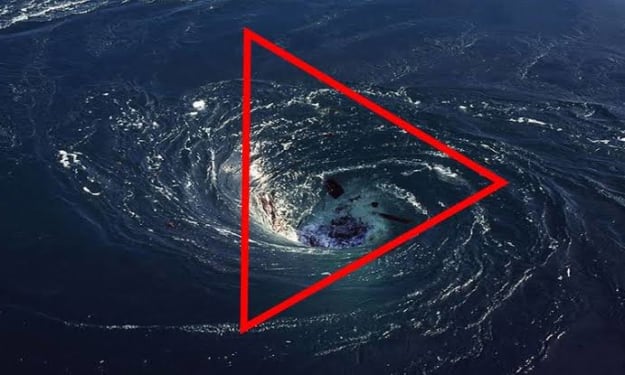Environmental Pollution.
Understanding the Crisis and Seeking Solutions

Environmental pollution has emerged as one of the most pressing global challenges of our time. The unchecked release of harmful substances into the air, water, and soil has far-reaching consequences for both the planet and human health. From the pollution of our oceans with plastic waste to the degradation of air quality due to industrial emissions, the impact of pollution on ecosystems and communities cannot be ignored. In this article, we delve into the various forms of environmental pollution, explore their causes and consequences, and highlight the urgent need for sustainable solutions.
Air Pollution:
Air pollution is a major environmental concern affecting millions of people worldwide. It primarily stems from human activities such as industrial emissions, vehicle exhaust, and the burning of fossil fuels. Particulate matter, nitrogen oxides, sulfur dioxide, and volatile organic compounds are among the pollutants that contribute to poor air quality. Prolonged exposure to air pollution has severe health implications, including respiratory problems, cardiovascular diseases, and even premature death. To combat air pollution, we must prioritize cleaner energy sources, promote sustainable transportation, and implement stringent emission regulations.
Water Pollution:
Water pollution poses a significant threat to aquatic ecosystems and human well-being. Industrial waste, agricultural runoff, sewage, and improper disposal of chemicals are the main culprits behind water pollution. Contaminated water sources not only endanger marine life but also compromise the availability of clean drinking water for communities. Waterborne diseases, such as cholera and dysentery, are prevalent in areas with polluted water. Effective waste management systems, stricter regulations, and the adoption of eco-friendly agricultural practices are essential for preserving our water resources.
Soil Pollution:
Soil pollution occurs when hazardous substances accumulate in the soil, rendering it unfit for agricultural or ecological purposes. Improper disposal of industrial waste, excessive use of chemical fertilizers and pesticides, and improper landfill practices contribute to soil contamination. Soil pollution has far-reaching consequences, including reduced crop productivity, compromised food safety, and disruption of ecosystems. Sustainable farming practices, responsible waste management, and the promotion of organic agriculture are crucial in combating soil pollution.
Noise Pollution:
While often overlooked, noise pollution has a significant impact on human health and well-being. Excessive noise from traffic, construction sites, industrial activities, and urbanization can lead to stress, hearing loss, sleep disturbances, and impaired cognitive function. To mitigate noise pollution, urban planning should prioritize noise reduction measures, such as the implementation of noise barriers and zoning regulations that separate residential areas from noisy sources.
Plastic Pollution:
Plastic pollution has gained widespread attention due to its detrimental effects on marine life and ecosystems. The improper disposal and excessive use of single-use plastics result in vast amounts of plastic waste entering our oceans and waterways. This pollution not only harms marine creatures but also poses risks to human health through the consumption of contaminated seafood. Addressing plastic pollution requires a multi-faceted approach, including recycling initiatives, bans on single-use plastics, and the promotion of sustainable packaging alternatives.
Conclusion:
Environmental pollution is a global crisis that demands immediate and concerted action. By understanding the causes and consequences of pollution, we can work towards implementing sustainable solutions. Governments, industries, and individuals must prioritize eco-friendly practices, invest in cleaner technologies, and adopt responsible waste management strategies. Moreover, education and awareness campaigns are crucial in fostering a collective sense of responsibility towards protecting our environment. By embracing sustainable practices and working together, we can preserve the planet for future generations, ensuring a healthier and more sustainable future.
About the Creator
Syed Usman Ahmed
🖋️ Unleashing the Power of Words | Usman: The Maestro of Article Writing ✍️






Comments (2)
Best article
that article has opened my eyes to make our planet clean and i have learned from this article that it is also causing global warming